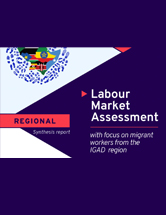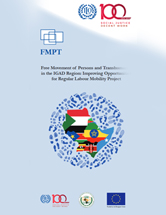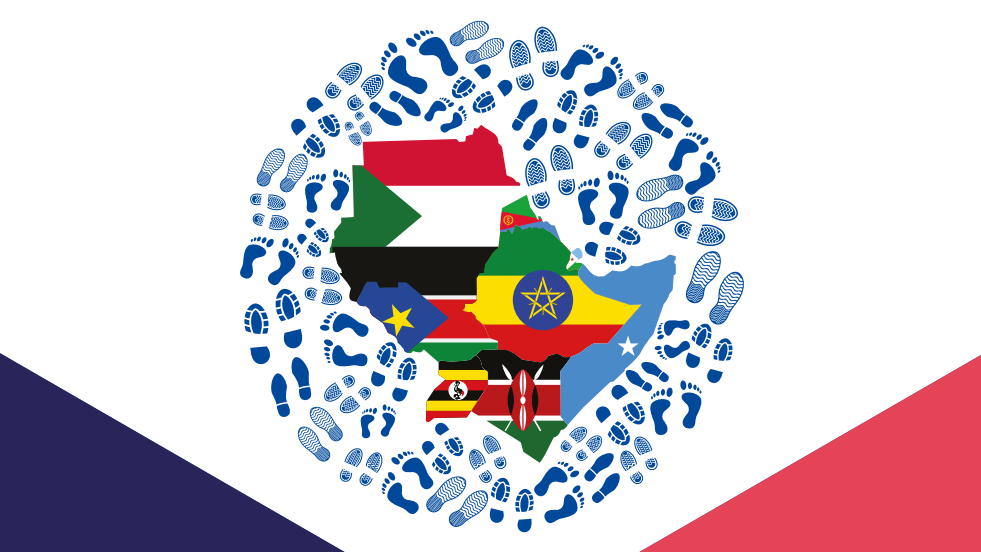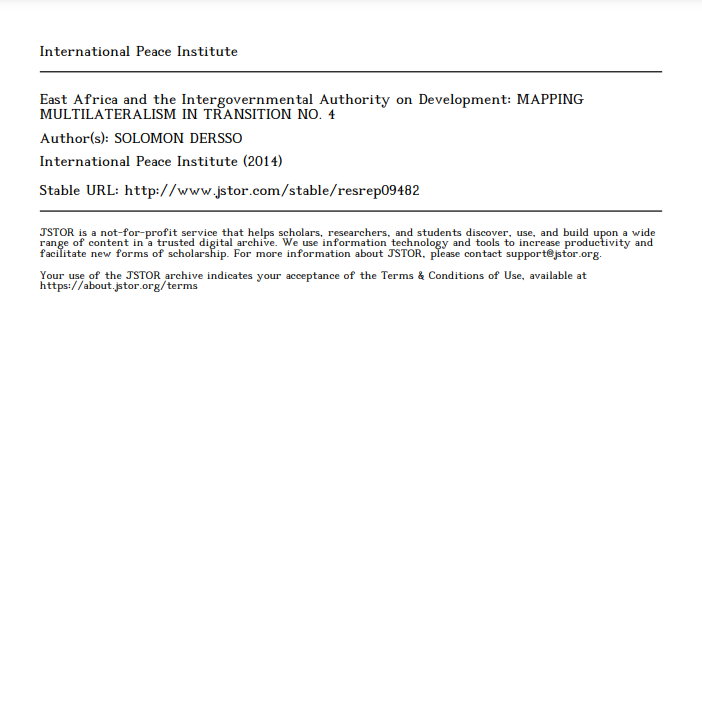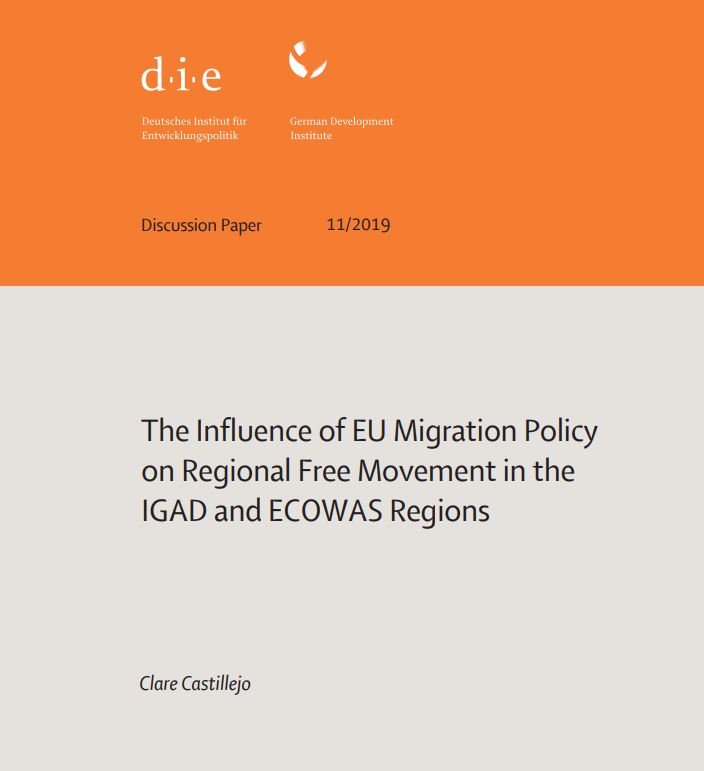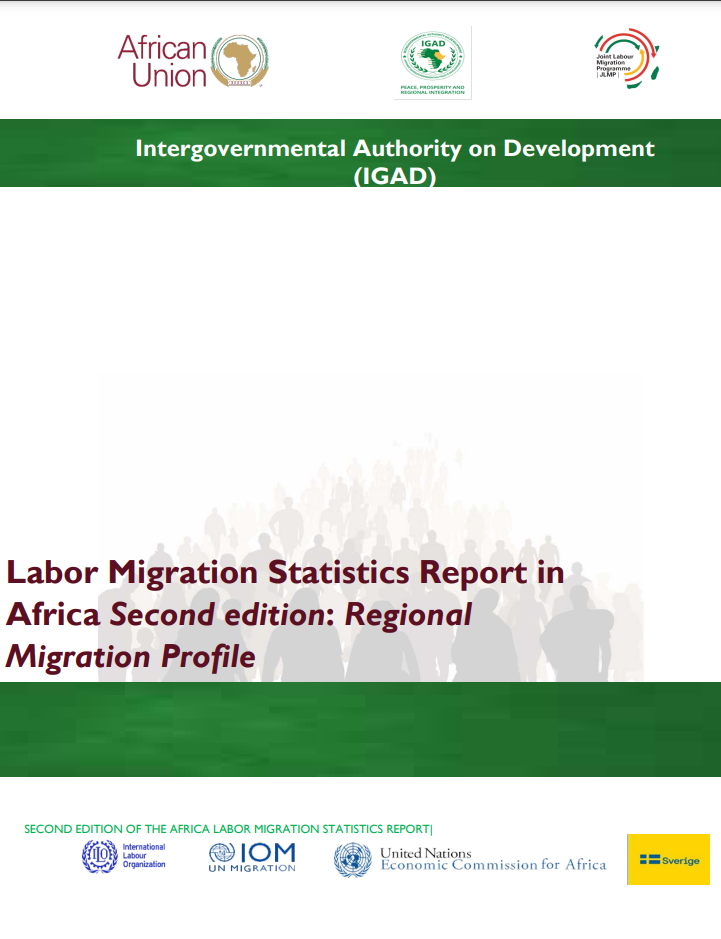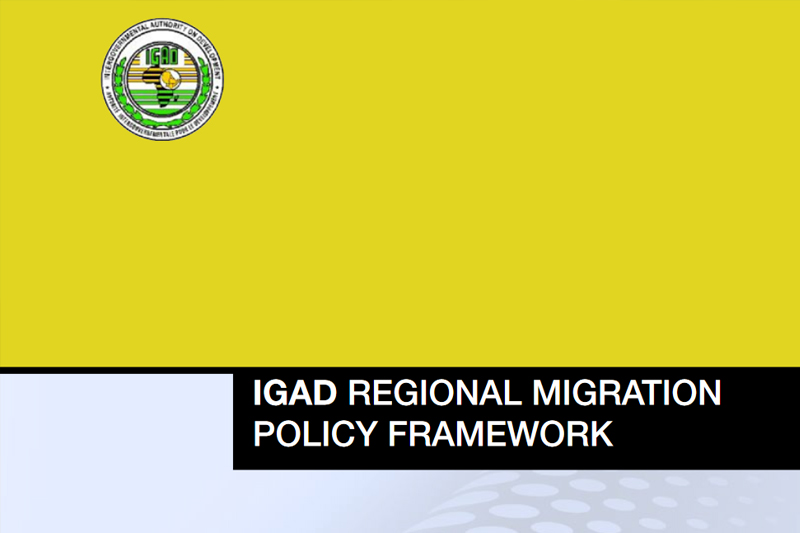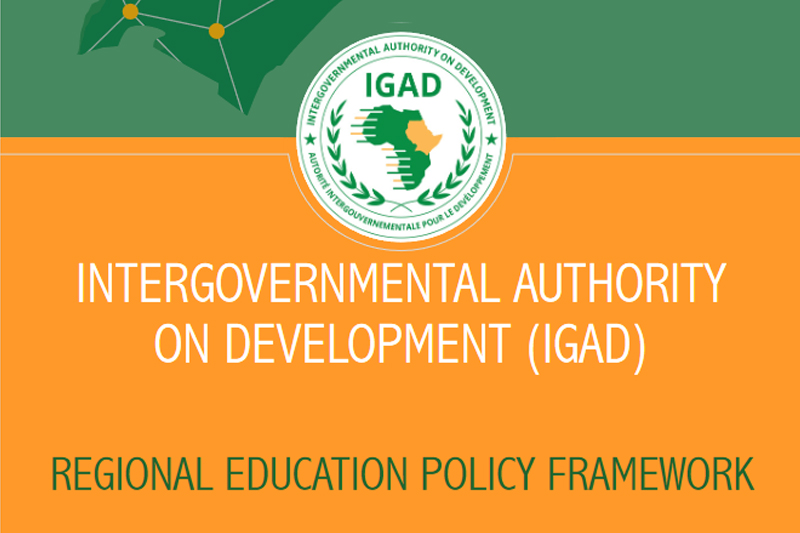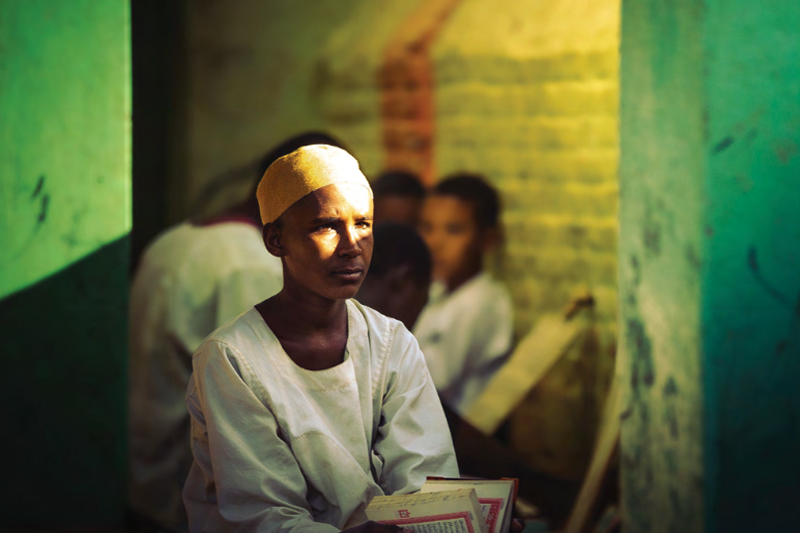The Intergovernmental Authority on Development (IGAD)
The Intergovernmental Authority on Development (IGAD)
The Intergovernmental Authority on Development (IGAD) was established to reduce political and socio-economic challenges; increase food security and environmental protection; enhance economic cooperation, regional integration and support health and social development; and facilitate peace, security, and humanitarian affairs through harmonisation of regulatory, financial, political, and social systems, resources. It promotes cooperation in food security and environmental protection, peace and security, economic development and integration within its member States Djibouti, Ethiopia, Eritrea, Kenya, Somalia, Sudan, South Sudan and Uganda.
The region is characterised by high levels of mixed migration and forced displacement. These include labour migrants (both regular and irregular), refugees, smuggled migrants, trafficked persons, unaccompanied children, environmental migrants, stranded migrants, and victims of exploitation and abuse who use both regular and irregular channels to move away from drought, crop failure, food insecurity, political unrest as well as to seek better opportunities. Most migrants from IGAD region work in sectors that do not require skills or require low/semi-skills and usually move to Middle East and Gulf-countries. There have been many bilateral Agreements that focus on migrant protection between member States such as Ethiopia, Uganda and Kenya, and other countries in the Gulf region.

261.2M

8

313.8 B (USD)



